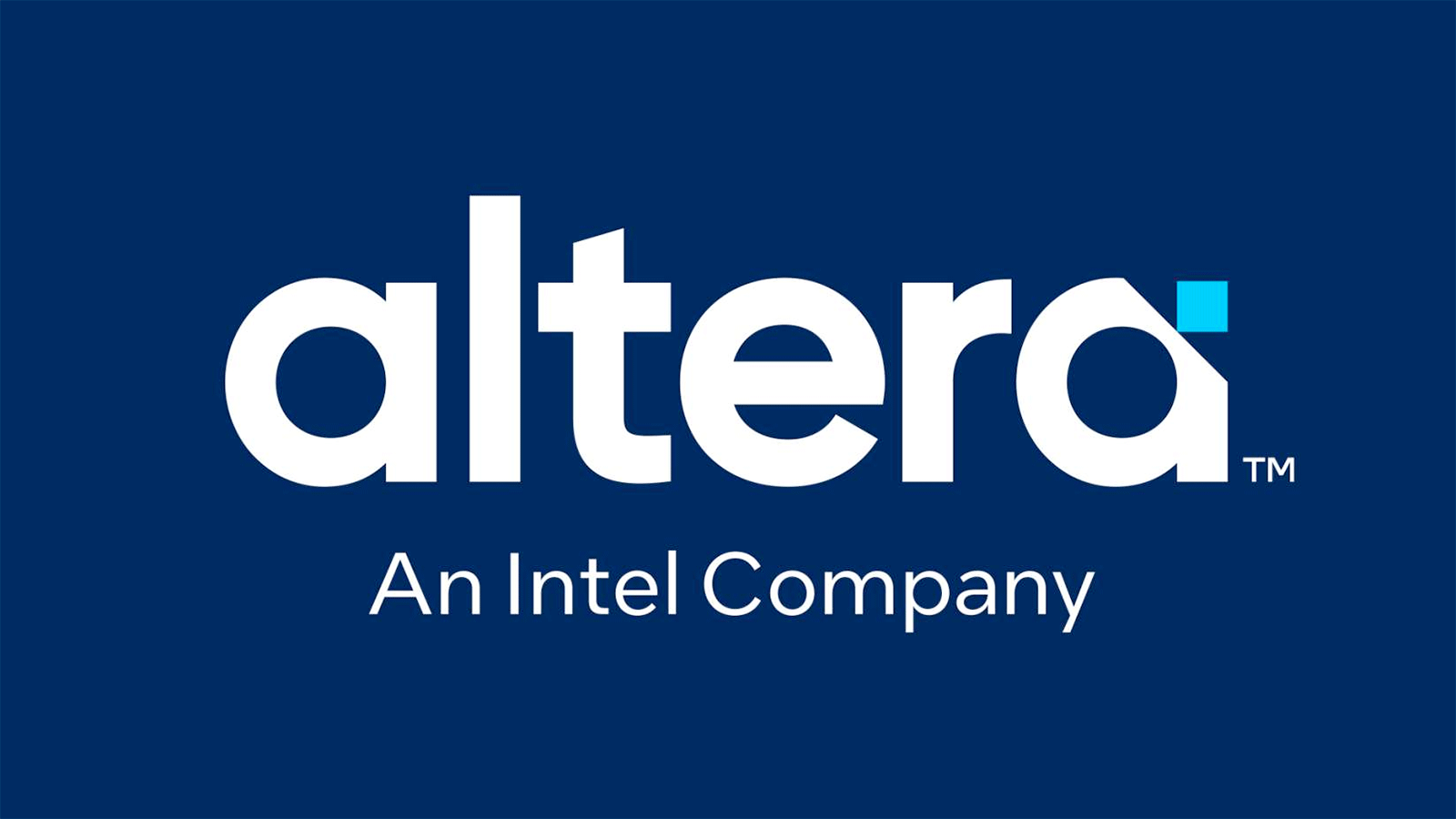Intel spins off Altera: A standalone FPGA company under Intel ownership
Intel returns the legendary Altera brand name to market.

Just like it announced in October, Intel has spun off its programmable solutions group into a standalone FPGA company that regains its historical name, Altera. Intel took over Altera for $16.7 billion in late 2015, which was among the largest acquisitions in the high-tech industry back then. The new Intel-owned company will operate independently, much as it used to, while it focuses on expanding its product lineup.
Altera will continue offering field-programmable gate array (FPGA) solutions across a wide range of applications, including traditional sectors like automotive, communications, data centers, embedded systems, industrial, and military-aerospace, as well as emerging and developing sectors like AI, cloud, network, and edge computing. The company will be led by chief executive Sandra Rivera and chief operating officer Shannon Poulin.
Altera's FPGAs can be used to evolve rapidly developing standards and technologies without investing tens of millions into expensive application-specific integrated circuits (ASICs). Intel mentions trends like CXL, Ethernet, and 6G wireless, as areas of focus.
FPGAs could also be used for AI as it is easy and cheap to add new data formats and commands to FPGAs (compared to the development of new ASICs). In particular, Altera pins a lot of hope on its FPGA AI Suite (powered by the OpenVINO platform) that can generate optimized intellectual property based on popular frameworks like TensorFlow and PyTorch.
"As customers deal with increasingly complex technological challenges and work to differentiate themselves from their competitors and accelerate time to value, we have an opportunity to reinvigorate the FPGA market," said Rivera. "We are leading with a bold, agile, and customer-obsessed approach to deliver programmable solutions and accessible AI across a broad range of applications in the comms, cloud, data center, embedded, industrial, automotive, and mil-aero market segments."
The split with Intel is expected to grant Altera more independence, which is predicted to fuel its expansion in the competitive FPGA market. Meanwhile, Intel and Altera will continue their strategic collaboration, especially through Intel Foundry, which will produce chips for the FPGA company on a contract basis. This relationship will allow Altera to offer its customers FPGAs produced on competitive nodes as well as supply predictability. Naturally, the separation enables Altera to go to other foundries more often than it used to as a part of Intel.
While the original merger was seen as a highly promising move for Intel, as FPGAs significantly broadened the company's reach, especially in the data center, it appears that Intel now believes its programmable solutions business will fare better as an independent entity. It remains to be seen how much valuation Altera will get in the coming years when and if it pursues an initial public offering (IPO).
Get Tom's Hardware's best news and in-depth reviews, straight to your inbox.

Anton Shilov is a contributing writer at Tom’s Hardware. Over the past couple of decades, he has covered everything from CPUs and GPUs to supercomputers and from modern process technologies and latest fab tools to high-tech industry trends.
-
dalek1234 Intel looking for spare change behind the couch cushions. They just found a tonne of it, but will need to continue looking for moreReply